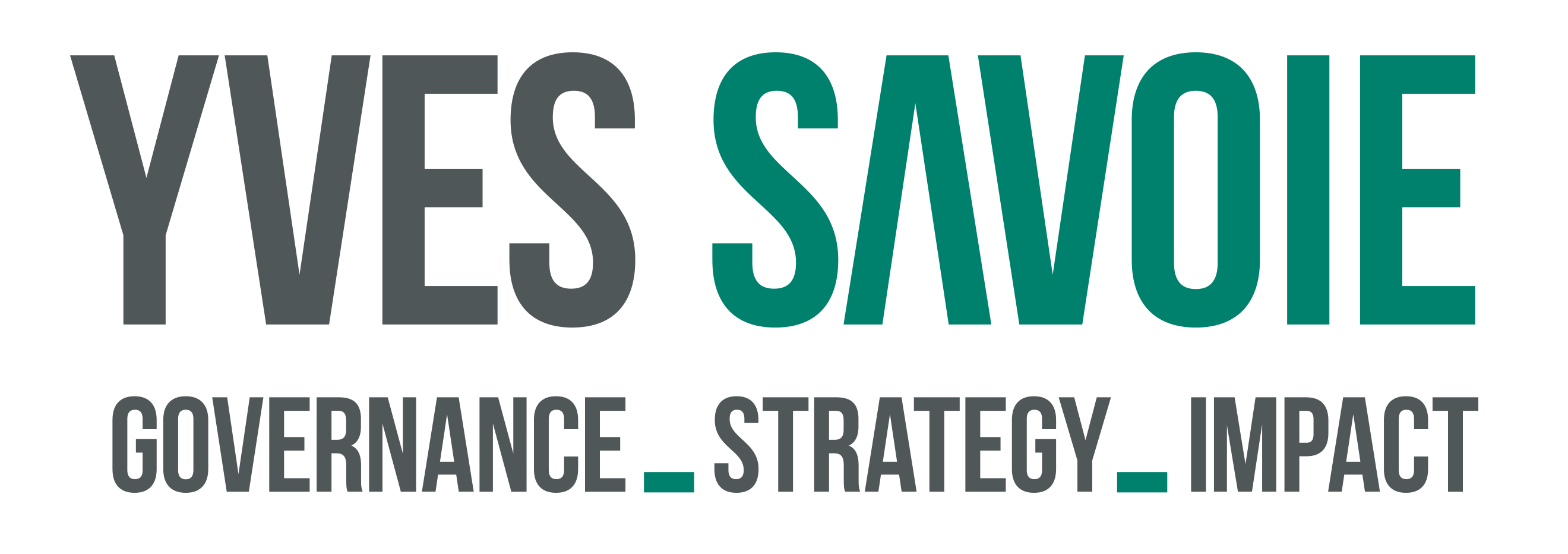The Greek root of the word crisis is ‘to sift,’ as in, to shake out the excesses and leave only what’s important. That’s what crises do.1
The scale of the impact of the pandemic on charities and nonprofits is unprecedented. Imagine Canada in its Sector Monitor Report reveals the magnitude of these financial and human resource impacts on our sector.
Strategy is about making choices to thrive seeking to draw strength from one’s capabilities and to adapt to changing environments. Too often, we have come to equate strategy with formal and deliberate planning processes. We design strategic planning retreats in ways that can fool us to think that humans have the capacity to predict the future rather than building organizational resilience to adapt to change. Management guru and McGill university author, Henry Mintzberg reminds us that many strategic choices are emergent and not deliberate. Entrepreneurs, especially those who are in the early stages of creating new ventures, often map out strategy on a napkin over dinner.
Take a moment to stop and think about the important strategic shifts which are emerging because of COVID. Are digital tools being deployed to enable your work and make virtual volunteering and tele-work possible? And, think for a moment of the scale and speed with which these changes have been implemented.
The challenge of crafting strategy in nimble ways and to generate excitement about new directions among large numbers of volunteers, donors and staff is not a simple one. This is compounded by the fact that it is difficult to engage your stakeholders in person in ways that maximize the quality of good conversations. Yet, it may be more important than ever to look forward beyond the fog which the pandemic has brought and which risks blurring our view of the horizon.
The uncertainty and turbulence created by the pandemic invites us to embrace less formal, less structured, and more emergent approaches to strategy making. But, the important work of sifting is no less important. It may, in fact, be one of the silver linings which comes with this moment of crisis. As Peter Drucker famously quipped:
The greatest danger in times of turbulence is not the turbulence; it is to act with yesterday’s logic.
Source: Malwina Gudowska, PhD student in applied linguistics writing in the Globe & Mail. Saturday, May 30, 2020.

